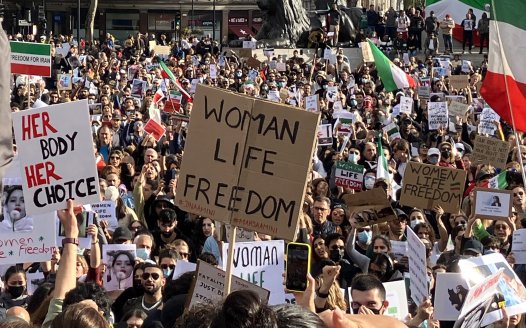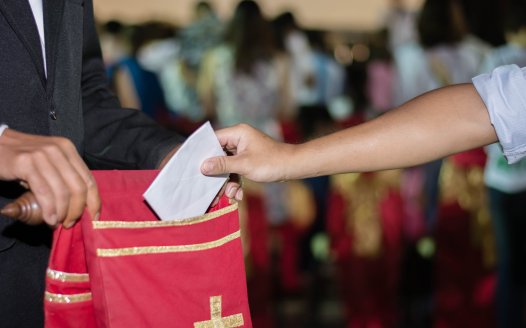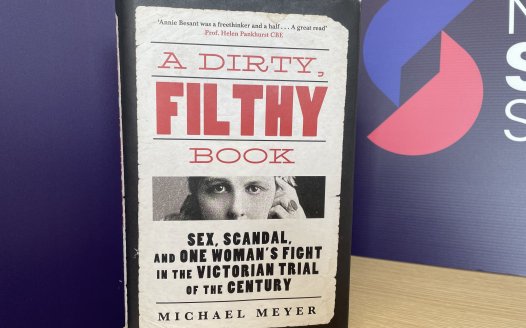Ofsted to crack down on schools which require girls to wear hijabs
Posted: Mon, 20th Nov 2017
Schools which force only girls to wear religious garments could be in breach of equality laws, according to Ofsted chief inspector Amanda Spielman.
On Sunday Ms Spielman issued recommendations to Ofsted inspectors in an attempt to "address concerns" about primary school children being required to wear hijabs. She said inspectors could ask some girls why they were wearing them in school and use their findings to inform their reports on schools.
Ms Spielman issued a statement shortly after meeting women's rights and equality campaigners, including a National Secular Society representative, to discuss the accommodation and rise of the Islamic headscarf in state primary schools.
"While respecting parents' choice to bring up their children according to their cultural norms, creating an environment where primary school children are expected to wear the hijab could be interpreted as sexualisation of young girls," it said.
"In seeking to address these concerns, and in line with our current practice in terms of assessing whether the school promotes equality for their children, inspectors will talk to girls who wear such garments to ascertain why they do so in the school."
She also said parents and the public should complain if they think schools are not treating girls and boys equally.
"We would urge any parent or member of the public who has a concern about fundamentalist groups influencing school policy or breaching equality law to make a complaint to the school. If schools do not act on these complaints they can be made to Ofsted directly."
Campaigners led by Amina Lone, of the Social Action and Research Foundation, requested the meeting with Ms Spielman after the Sunday Times revealed that many state primary schools in England were incorporating the hijab into their uniform policies. Almost one in five of the 800 primary schools the paper surveyed, across 11 regions, had listed the hijab as part of their official uniform policy.
In a letter to the Sunday Times, the signatories said the trend was "an affront to the historical fight for gender equality in our secular democracy" which was "creating a two-tiered form of non-equality" for young girls from Muslim backgrounds.
The meeting also touched on recent NSS research which found that 42% of Islamic schools, including 27 primary schools, have uniform policies requiring girls to wear the hijab.
The NSS wrote to Justine Greening, the education secretary, and said forcing children to wear the hijab was "entirely at odds with" the requirement for schools to promote 'individual liberty' and "wider human rights norms on children's rights". The letter said girls should be supported to make their own "free choices" on the subject.
The letter also expressed concern that several non-Islamic schools were "acceding to fundamentalist pressure to incorporate the hijab into their uniform".
Stephen Evans, NSS campaigns director, said: "It's encouraging that Ofsted appear to understand not only our concerns about the rise of the rise of the hijab among young children, but also how it is indicative of more fundamentalist Islamic conservatism asserting itself in the UK, and how that may be impacting on schools.
"We'd like to see primary schools resisting demands for the accommodation of religious garments in uniform policies – and we'd like to see the Department for Education supporting them to do that. No school should be imposing religious dress on children, so where that's happening it really needs to stop."
Ms Lone, who has long campaigned against the sexualisation of young girls, said she "fully supported" Ofsted's decision. "There is a clear and concerted effort by minority groupings to propagate an extreme interpretation of Islam and normalise it within Islamic practice," she said.
The move was, however, condemned by more reactionary Muslim groups. The Muslim Council of Britain said it "sent a clear message" that women who wore the headscarf were "second class citizens" and accused Ofsted of not "even engaging with a diverse set of mainstream Muslim voices on this topic".
Mr Evans dismissed "alarmist rhetoric" about Ofsted targeting pupils wearing the hijab.
"Inspectors will not be interrogating children but simply having conversations with small groups of pupils, as they already do as part of the evidence gathering process. Inspectors should handle these conversations sensitively but they are right to make an effort to find out why girls are wearing the hijab.
"They should resist efforts to prevent them from asking awkward questions and holding powerful people to account."
Discuss this on Facebook.
While you're here
Our news and opinion content is an important part of our campaigns work. Many articles involve a lot of research by our campaigns team. If you value this output, please consider supporting us today.







